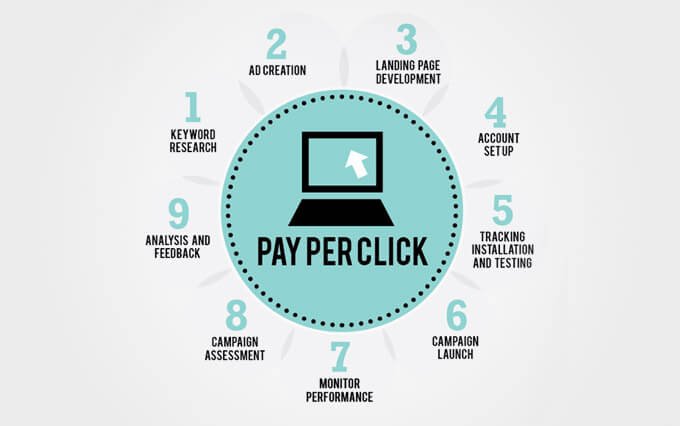Which is Better: Google Ads or Facebook Ads?

In the digital marketing landscape, businesses face a common dilemma: should they invest in Google Ads or Facebook Ads? Both platforms are powerful advertising tools, but their effectiveness depends on your goals, audience, and budget. Let’s dive into the strengths and weaknesses of each to help you make an informed decision.
Understanding Google Ads
Google Ads, previously known as Google AdWords, is a pay-per-click (PPC) advertising platform. It allows businesses to display ads on Google’s search engine results pages (SERPs), partner websites, and YouTube. Google Ads is ideal for intent-driven marketing.
Strengths of Google Ads:
-
High Intent: Google Ads targets users actively searching for products or services, making it highly effective for capturing leads.
-
Extensive Reach: With billions of daily searches, Google provides unmatched access to a global audience.
-
Diverse Ad Formats: Options include search ads, display ads, shopping ads, and video ads.
-
Advanced Targeting: Keywords, location, device type, and demographic targeting allow for precise audience segmentation.
-
Measurable ROI: Detailed analytics help optimize campaigns based on performance metrics.
Weaknesses of Google Ads:
-
Cost: High competition for keywords can make campaigns expensive, especially in industries like finance or law.
-
Steep Learning Curve: Mastering keyword strategies and optimization requires expertise.
-
Limited Visual Appeal: Search ads rely heavily on text and lack the visual engagement of other formats.
Understanding Facebook Ads
Facebook Ads (part of Meta’s advertising suite) enables businesses to reach audiences on Facebook, Instagram, and Messenger. This platform excels in interest-based targeting and brand awareness campaigns.
Strengths of Facebook Ads:
-
Visual Appeal: Eye-catching images and videos make Facebook Ads ideal for showcasing products or telling a story.
-
Advanced Audience Targeting: Target users based on interests, behaviors, and demographics.
-
Cost-Effectiveness: Generally, Facebook Ads have a lower cost-per-click (CPC) than Google Ads.
-
Social Engagement: The interactive nature of the platform encourages shares, likes, and comments.
-
Multi-Platform Reach: Extend your campaigns across Facebook, Instagram, and Messenger seamlessly.
Weaknesses of Facebook Ads:
-
Lower Intent: Users are typically browsing for leisure, so conversion rates may be lower than intent-driven platforms like Google.
-
Ad Fatigue: Frequent exposure can lead to decreased engagement over time.
-
Algorithm Dependence: Changes in Meta’s algorithm can impact ad performance.
Comparing Key Factors
1. Audience Intent:
-
Google Ads wins when targeting users actively searching for solutions.
-
Facebook Ads is better for building awareness and generating interest in a casual browsing environment.
2. Budget:
-
Facebook Ads tends to be more budget-friendly for small businesses.
-
Google Ads may require a higher budget, especially for competitive keywords.
3. Industry Suitability:
-
Google Ads suits industries like healthcare, law, and e-commerce, where users often search with intent.
-
Facebook Ads excels for lifestyle, fashion, and products with strong visual appeal.
4. Ad Formats:
-
Google Ads: Text-heavy with options for display and video.
-
Facebook Ads: Visually rich, favoring images and videos.
5. Analytics and Optimization:
Both platforms offer robust analytics tools, but Google’s focus on ROI-driven metrics can provide more actionable insights for lead generation.
Conclusion
Choosing between Google Ads and Facebook Ads depends on your business objectives. If you want immediate results and are targeting users with high intent, Google Ads is your go-to. On the other hand, if you’re looking to build brand awareness, engage users visually, and work with a smaller budget, Facebook Ads is an excellent choice.
For many businesses, a combined strategy leveraging both platforms’ strengths can yield the best results. Experimentation, testing, and continuous optimization are key to maximizing your advertising efforts.
What's Your Reaction?














.jpg)
.jpg)

